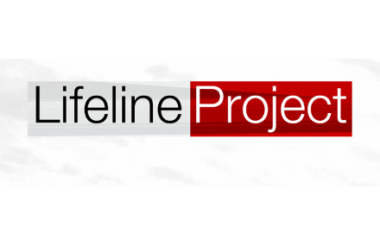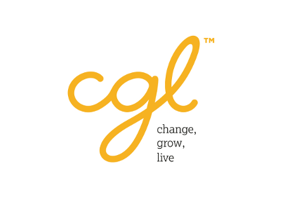Lifeline Project, a £60m drug and alcohol charity which went into administration in June, collapsed due to poor contracting practice, poor controls, and costs from employee disputes, administrators have said.
According to a document filed with Companies House by the joint administrators, David Thornhill, Russell Steward Cash and Geoffrey Lambert Carton-Kelly of FRP Advisory LLP, the charity owed nearly £4m to unsecured creditors and an estimated £280,000 in pension contributions.
In the document, administrators said: “It appears several key contracts have been entered into without proper consideration of the cost structure and longer term financial implications”. They said some of these were payments-by-results contracts which did not generate enough income.
In the 11 months to February 2017 the charity’s three largest loss-making contracts accounted for cumulative losses of £1.4m.
Administrators said the charity also carried out “unfunded” work at a cost of £600,000.
Legal and professional costs of £700,000 were incurred to “deal with various property and employee disputes”, the report said.
The charity’s structure had not kept up with its growth, administrators said.
“It has become apparent that despite this impressive growth, internal financial controls and business infrastructure has not developed at the same rate,” the report said. “An absence of key controls within the business has been noted, particularly financial controls, IT and property related matters.”
This meant, administrators said, that different directorates “acted independently” without “stringent central controls”.
The finance controller left in February and was not replaced.
Charity owed £4m
The documents showed the charity had total debts of over £4m. It had £2.7m in cash at the bank and has other assets worth nearly £300,000. It also has freehold property valued at £410,000.
The net shortfall according to the statement of affairs is £1.2m.
At the time of the collapse all staff and projects were transferred to other providers.
Lifeline Project’s creditors include a range of suppliers, many of which are owed relatively small sums.
The largest unsecured creditor is Tees Esk and Wear Valleys NHS Foundation Trust, which is owed £217,000. Other larger creditors include Changing Lives, which is owed £40,000, Healthcare Solutions, owed nearly £68,000, Knights Professional Services Limited, owed £75,000, and NHS Business Services Authority, owed nearly £80,000.
‘Growth funded by reserves’
Administrators said that Lifeline Project had been funding losses from its reserves and these finally ran out this year.
The charity had an income of £53m in the 11 months to February 2017, with trading losses of £2.9m. The previous year its income was £62m.
Lifeline Project had grown quickly, from an income of £13m in 2006, but administrators said: “Growth has been funded from cash flow and reserves; these have been virtually exhausted over the last 12 monhs in funding losses in contracts.”
Lifeline Project asked for support from the accountancy firm FRP in March and the chief executive, Ian Wardle, and trustees decided to attempt a pre-pack sale and then approached CGL.
CGL took over the majority of Lifeline Project’s work in June.
Related articles












